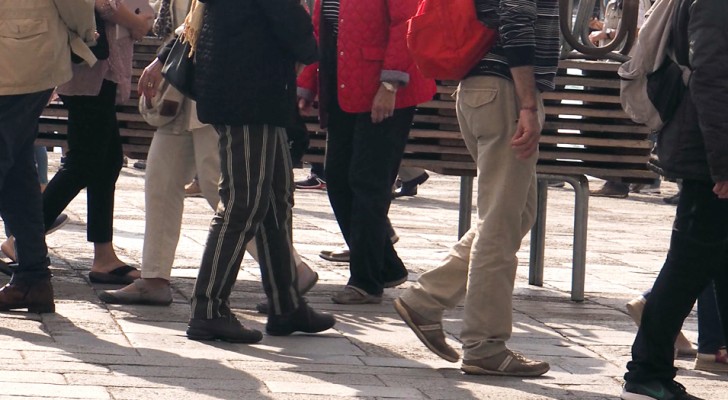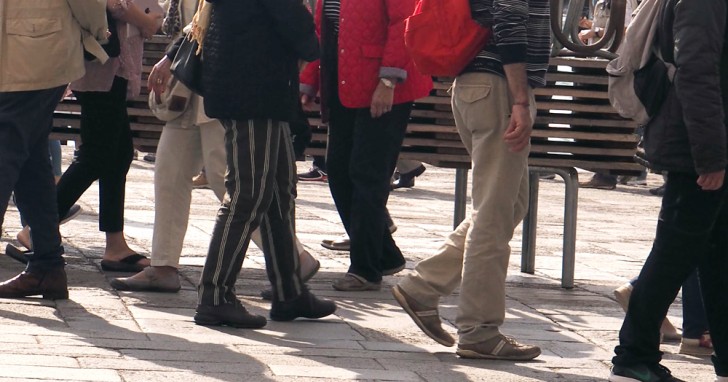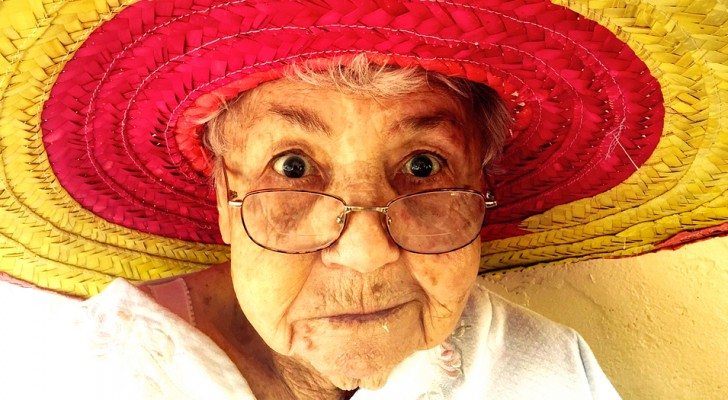People who walk fast live 15 years longer than those who walk slowly, says a research study

"Slow and steady wins the race", everyone knows the wisdom of old proverbs, but what if for once the truth were actually another?
To contradict one of the oldest and most well-known sayings is a scientific study promoted by the universities of Leicester and Loughborough, by the National Institute for Health Research, and by hospitals in Leicester.
According to this study, those who walk at a brisk pace live up to 15 years more than those who are used to walking slowly.
via Leicester Biomedical Research Centre

The survey was carried out between 2006 and 2016 in the United Kingdom on a sample of over 470 thousand people within the age of 52. From the collected data, it emerged that the individuals who usually walk at a fast pace had a significantly longer life expectancy than the others who walked at a moderate pace.
In detail, the life expectancy of men was between 85.2 and 86.8 years, compared to 64.8 of the slow-walking pedestrians, while that of women fluctuated between 86.7 and 87.8 years compared to 72.4 of the others. A very interesting aspect was that the prospect of longevity, in some cases up to 15 years, had no direct link with body weight.
That movement was the key to maintaining a good state of health was already known, but until now a link with the rhythm and pace of walking had not yet been highlighted. In practice, the so-called hard walking or brisk walking seems to be the right compromise between running and walking.
A steady and faster-walking pace keeps one fit and preserves the functionality of the cardiovascular system. This discovery is of great value since the body mass index or BMI does not seem to be as relevant as the physiological condition of the subject.

With this, no one wants to insinuate that one can put on weight without any worries, but only that an overweight person, if active and agile, can also still aspire to live many years compared to a lean but more sedentary person.
There are still many factors to take into consideration and to clarify. However, by combining a healthy lifestyle (without exceeding too much with calories), with regular brisk walks, it is to be assumed that the benefits can even increase.
Long ago, individuals had different habits, such as eating only when they were hungry or when they were able to get food and constantly moving around to travel from one place to another.
Little by little, scientific research is perhaps only rediscovering what human beings have always known instinctively and what humans have stopped doing due to the conquests of civilization which have caused them to lose contact with much of their original nature.





